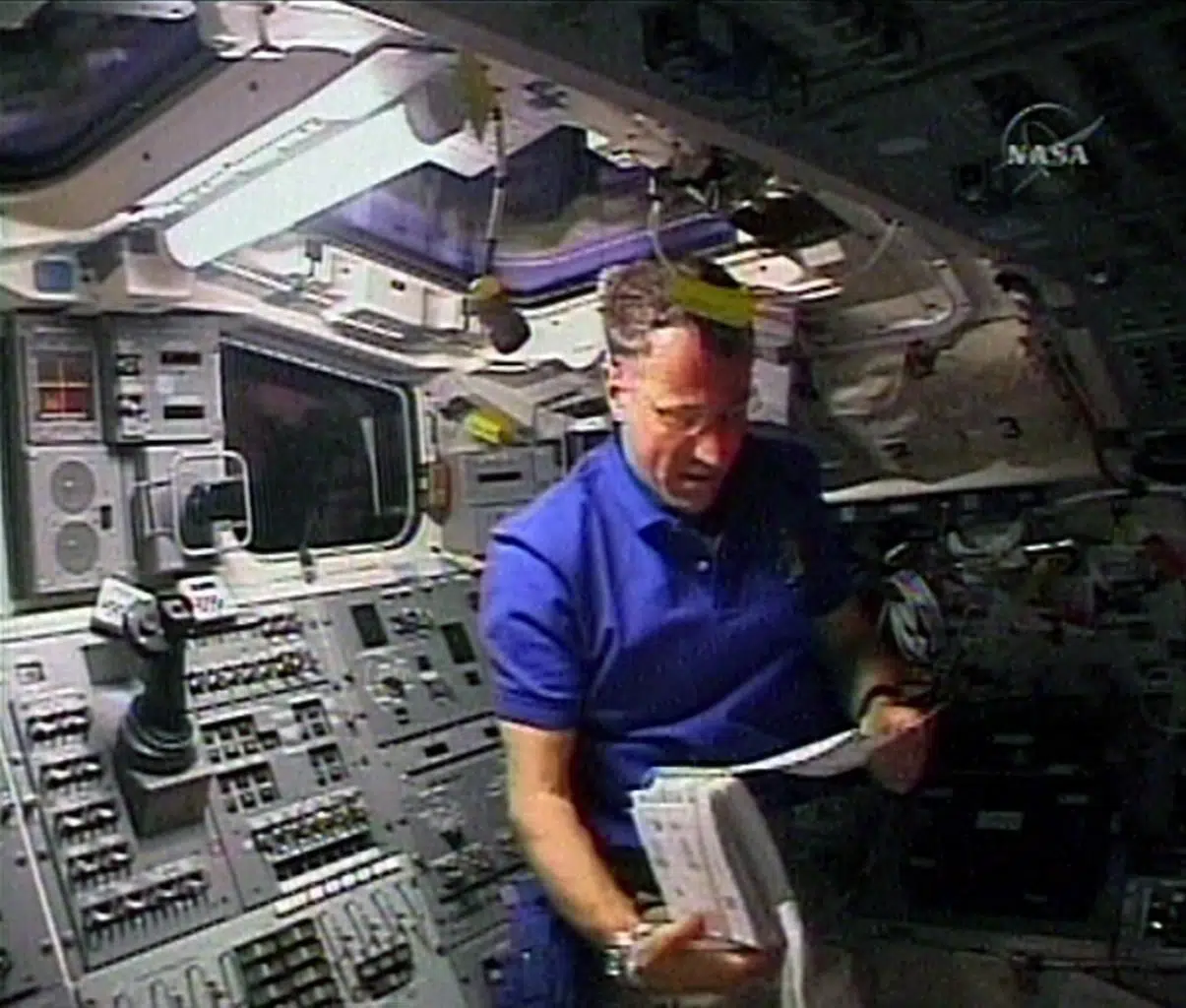
Space agency picks second ex-astronaut to push health-research plans
OTTAWA — The Canadian Space Agency says it wants to hire ex-astronaut Dave Williams to help figure out how to get humans to Mars and back in one piece.
But if you’re also a medical doctor who’s been to space and you think you can do a better job, please let the agency know.
Williams is a doctor with experience on both the shuttle and International Space Station. The space agency posted plans Wednesday saying he will help them connect with medical experts and develop health-care solutions for future astronauts.
“The CSA is hoping to be able to … leverage the expertise that we have in space medicine to create the next generation of on-board care capabilities for deep space exploration,” Williams told The Canadian Press.


